Harmonics | General, Interactions, and Filters
General The harmonics in an SVC are generated by the TCR. Neither TSC nor TSR…
SVC | Controller and Protective Functions
SVC Controller The block diagram of the basic SVC Controller incorporating a voltage regulator is…
Static Var Compensator | Analysis, Configuration and Modelling
Static Var Compensator Static Var Compensator (SVC) a first-generation FACTS controller is taken up for…
Load Dispatch Center | Types, Function, and Objective
Introduction All power plants are linked through a grid in an interconnected power system. The…
Layout of Feeder | Radial, Parallel, Ring Main and Interconnected
Introduction A feeder carries electricity to a substation, bus, or several loads. Different substation feeder…
Distribution Automation | Introduction, Benefits, and Applications
Introduction Distribution Automation (DA) is a collection of technologies like sensors, processors, communication networks, and…
Sensible Heat Storage | Methods, Key Features, and Disadvantages
Introduction The simplest method for storing heat is through sensible heat storage. This involves increasing…
Latent Heat Storage | Material, Systems, and Applications
Introduction Researchers are exploring new and renewable energy sources to reduce CO2 emissions from fossil…
MTDC and DC Systems | Control, Protection, and Study
There are several methods of control in MTDC systems. Only parallel MTDC systems are considered…
AC Filters | Design, Criteria, and Types
Criteria of Design The major design objective of AC filters is to reduce telephone interference.…
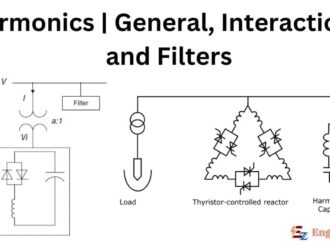
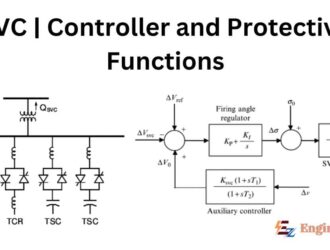




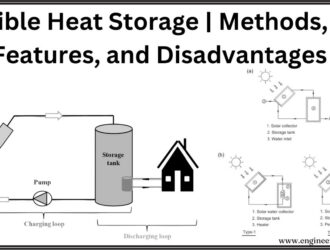

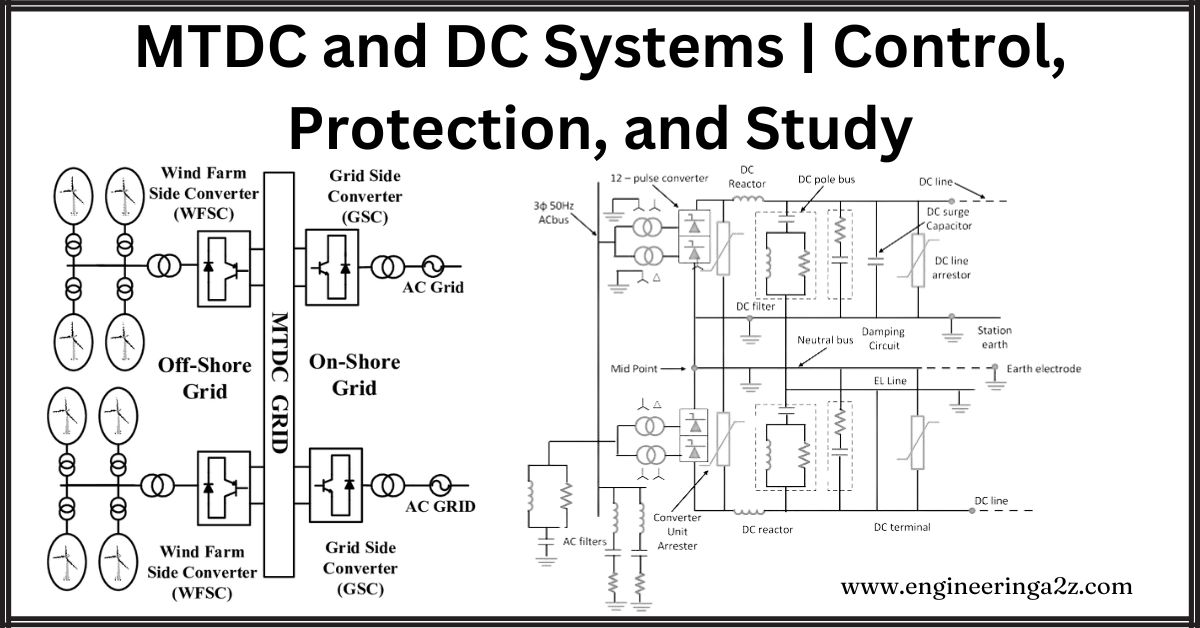
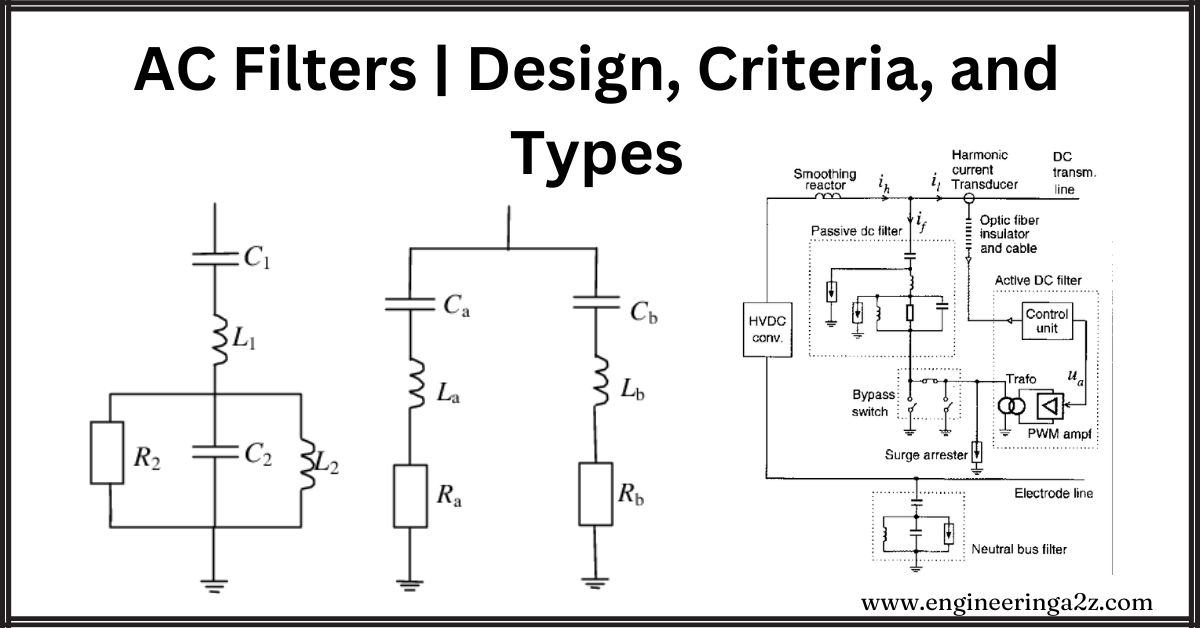






Comments